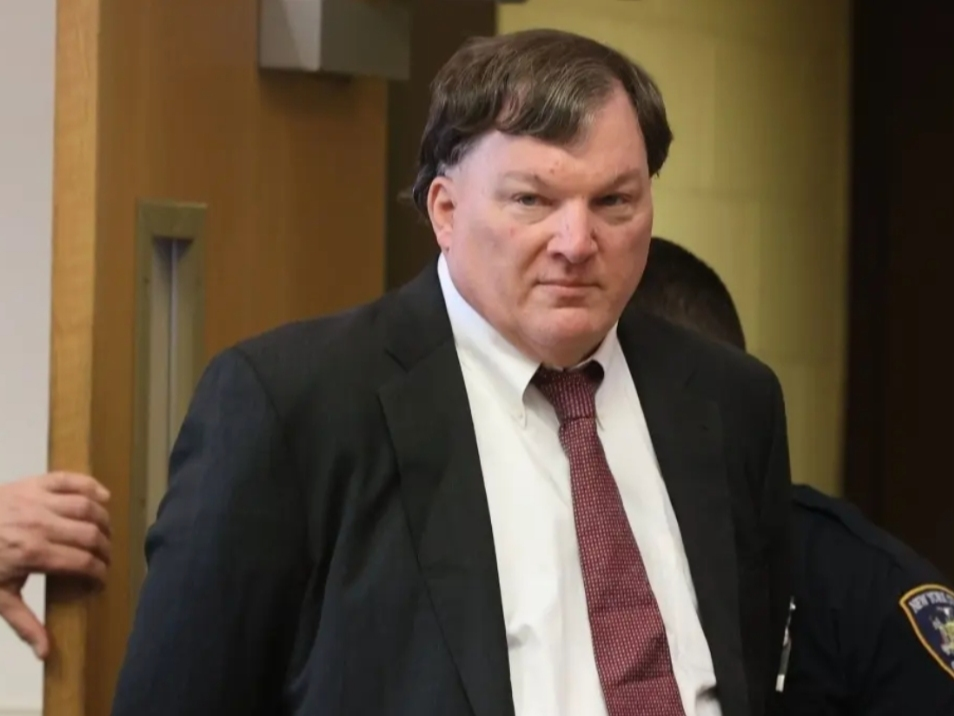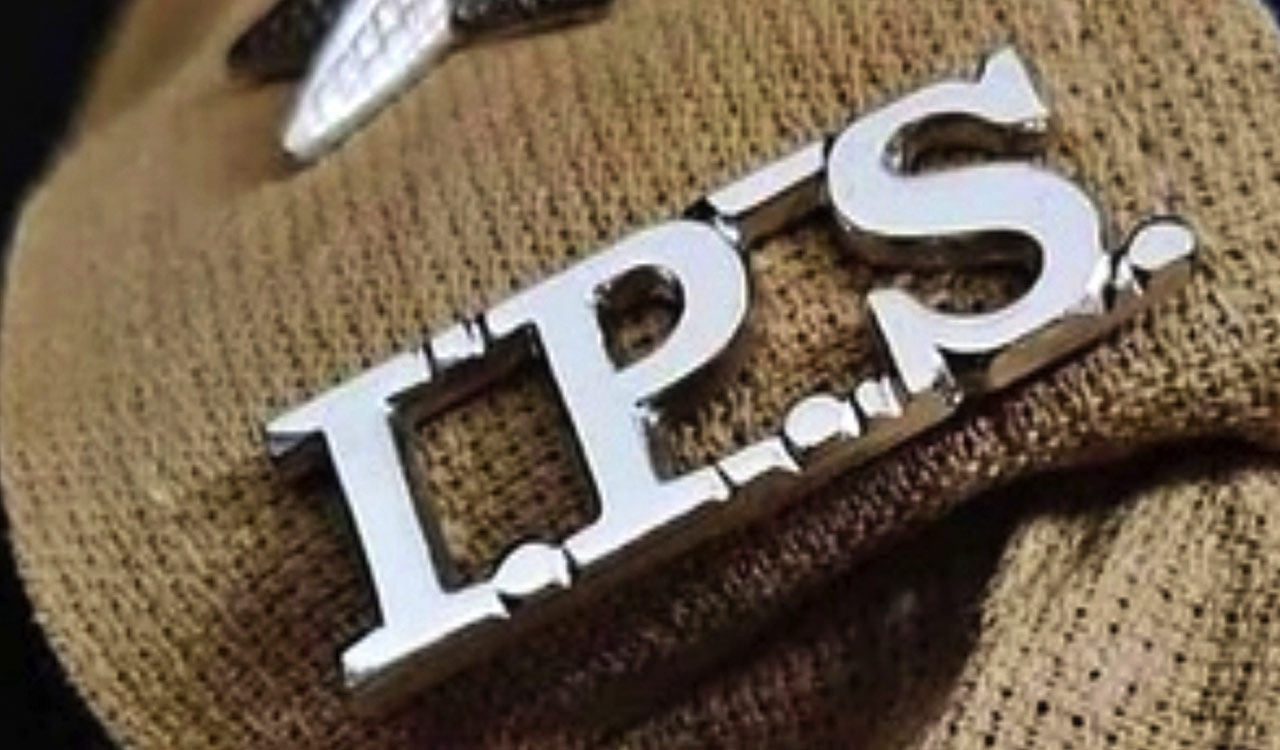
The defense has filed motions challenging, again, the admissibility of the DNA and, to sever the trials; the judge will rule on the motions.
LONG ISLAND, NY — Accused Gilgo Beach killer Rex Heuermann’s case is “ready for trial,” according to the prosecution.
The statement of readiness was filed by Assistant District Attorney Michelle Haddad on Wednesday and includes a master inventory of all discovery provided to the defense.
Heuermann will next appear in court Tuesday, at which time Judge Timothy Mazzei is slated to rule on two motions by the defense, including one that challenges, for a second time, the admissibility of the DNA, based on what the defense said they believe is a “violation of the public health law.” The other motion seeks to sever the trials.
The judge and Suffolk County District Attorney Ray Tierney have said a potential trial date could be announced soon.
Earlier in September, after a months-long hearing, Judge Timothy Mazzei announced a written, 27-page decision Wednesday that said key DNA evidence was deemed admissible in the trial of accused Gilgo Beach killer Rex Heuermann.
“We prevailed on the motion,” DA Ray Tierney, who is prosecuting the case, said.
And both he and Heuermann’s defense attorney Michael Brown said that there would be no plea deal.
Judge Mazzei announced the written decision, which Tierney confirmed, on the pending Frye application and held a conference with counsels for both sides to discuss any and all other outstanding matters that must be resolved prior to trial.
Mazzei said Heuermann’s attorney Brown had asked to file another motion based on the court’s decision. Brown said the motion would be based on the decision, and “what we claim is a violation of public health law,” he said.
Speaking with the media after the court appearance, Tierney said nuclear DNA testing has been deemed admissible by the court and thanked all involved. He agreed with Justice Mazzei, who said the briefings and hearings were “very well done.” Tierney added: “I agree with the court’s kind words with regard to the briefing in this case. This case was very aggressively and effectively litigated by both sides. The reason why we were able to prevail was one simple reason: The science was on our side. And that’s why we won.”
He also thanked the witnesses and scientists who came forward, calling them “inspiring.”
Tierney said he was thankful the decision was behind them and said they would deal with the alleged public health law violation. “If I was running a blood bank I’d be very nervous but since I’m not, I’m not nervous at all.”
Explaining the public health law issue, Tierney said: “If you’re going to do certain testing, the lab has to be licensed in New York State. That would seem to apply to people doing diagnostic work, like blood testing centers, which means you are doing actual clinical work. We deem it not to be applicable in this case,” he said, adding that he followed the FBI’s national mandates.
Brown, discussing the decision after the court proceedings, said he’d filed a subsequent motion because the New York State public health law “criminalizes” an out-of-state, non-permitted laboratory, for profit, to test and offer into evidence in the state of New York on a criminal case.
Of the court’s decision regarding the DNA’s admissibility, Brown said Heuermann was “disappointed. We disagree with the court’s decision.”
Tierney discussed next steps: “We’re fast reaching a pre-trial stage and hurtling toward the trial stage,” he said.
When asked when a trial could commence, Tierney said it was up to the judge. “By the next court date we’ll have a very good idea about when that is going to occur.”
There has been no talk about a plea deal, Tierney said.
Brown said, too, that Heuermann has entered a not-guilty plea. “There’s no plea. We are preparing for trial.”
Brown said again what he has long maintained regarding the motion to sever the cases: “We’re hopeful,” he said.
When discussing the motion to sever the cases, the DA reiterated his stance that the cases should be tried together: “When all the evidence is woven together, one piece of evidence proves evidence against multiple victims. For that reason, we think the evidence in this case in inextricably intertwined and as such it’s appropriate to be tried as one trial.”
Nine hairs over six victims are “inextricably interwoven,” he said.
The victims’ families, who were present, “are feeling relieved and are happy and pleased with the decision,” Tierney said.
Heuermann’s ex-wife Asa Ellerup was also present in the courtroom for the proceedings.
Tierney said the litigation “marks a significant step in forensic DNA analysis.” Of the whole genome sequencing technique used, he said, “This is where we’re headed in the science. It is a very discriminating and exact technique. It just mirrors all the other forensic and scientific fields that use this evidence. . . The criminal justice system sort of caught up today.”
Tierney said it’s when all the evidence is considered together in a cold case such as Heuermann’s, including nuclear DNA, mitochondrial DNA, phone records, witness statements, financial records, internet searches, and phone activity, “When we look at the interaction of all the evidence, it’s compelling — and the nuclear DNA is a big piece of that, but not the only piece.”
The DA said the DNA would be another “tool in the toolbox” for other cold cases and could be used in other jurisdictions.
When asked about potential jurors who would likely have heard about the case, Tierney said: “We have to find jurors who are able to, regardless of what they think, or what they may have heard or they may think they know about the case, can swear to base whatever decision they make in the trial based upon the evidence at trial. That’s the standard we’ll adhere to.”
Although a venue change was initially contemplated, Brown said: “We took it off the table. Because we have confidence in the folks of this county to listen to the evidence. They know the history of what has transpired in the county, and we firmly believe that there’s no better group of people to sit in judgment of this case than the residents of Suffolk County.”
For months, Frye hearings have been held, with witnesses for both the prosecution and defense testifying.
According to court officials, the defense was told to submit their written closing argument by the end of the day on Aug. 15, and the prosecution followed, submitting heir closing argument by the end of the day on Aug. 22.
Heuermann was first arrested on July 13, 2023 in New York City and indicted the next day in Riverhead.
Regarding the Frye hearings, Brown, speaking with the media in past months, has maintained that he did not believe the nuclear DNA evidence put forth by the prosecution was “science” and said it has not been accepted in criminal cases across the nation except for once in Idaho, where, he said, there were “lesser standards” than in New York State.
He also said the company in California that produced that DNA does not have a permit to enter evidence into proceedings, in the State of New York.
“If we were not confident, we would not have used” the evidence, Tierney said. “We’re all intelligent people. I think we all live in the real world. We know DNA technology is used in a whole host of medical sciences. It’s far from unproven — quite the opposite. So this is an application of a very reliable and well-used science that we have to litigate. We feel confident in it.”
Brown also, when asked if he would concede that DNA science had advanced, said he would, but because it has not been accepted in New York or across the United States, he does not believe it should be used when it could “take someone’s liberty away. This is not acceptable science that meets the standard in New York.”
When asked in past months how Heuermann felt about the Frye hearing, Brown said: “Rex wants to move forward with this case. He wants this case to progress.”
Heuermann has been charged in the deaths of seven women: In July 2023, Heuermann was indicted on three counts of first-degree murder charges and three counts of second-degree murder charges in the deaths of sex workers Melissa Barthelemy, Megan Waterman and Amber Costello, whose remains were found along Ocean Parkway in 2010.
Heuermann was also charged with the murder of a fourth woman, Maureen Brainard-Barnes. New DNA evidence helped connect Heuermann to all four of the deaths, said Tierney, who is prosecuting the case.
In June of last year, Heuermann was slapped with new second-degree murder charges in the deaths of two additional women, Jessica Taylor and Sandra Costilla. In December, Heuermann was charged with the death of a seventh victim, Valerie Mack.
A total of 11 sets of remains were found in the Gilgo Beach murders, which rocked Long Island. The remains included that of a toddler and an Asian male.
Heuermann has pleaded not guilty to all charges.



